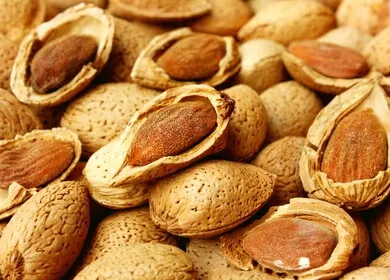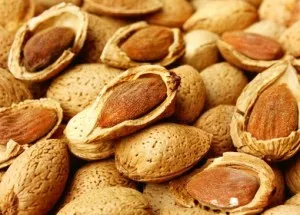
- Share on Facebook46
- Share on Pinterest
- Share on Twitter
The USDA Certified Organic label gives people who are concerned about food safety and quality a standard that protects their interests. We know that Certified Organic foods are monitored, and ingredients are, for the most part, accounted for.
In a world of confusion, trying to be healthy can be difficult. The organic label certainly gives us peace of mind that our foods are not laden with chemicals or made from some “Frankenseed” in a lab.
But how do we know when we should spare the extra cash for organic, stick to conventional or just buy the product once in awhile? This can be hard, especially if you shop in a store that has a large organic section. It is really easy to overspend on the organic label thinking that it is all necessary.
The Musts
According to the Environmental Working Group, the following foods, referred to as ‘the dirty dozen’, should always be purchased organic:
- Nectarines
- Cucumbers
- Potatoes
- Cherry tomatoes
- Hot peppers
- Apples
- Strawberries
- Grapes
- Celery
- Peaches
- Spinach
- Sweet bell peppers
In addition, they list Kale, collard greens and summer squash as commonly contaminated with highly toxic pesticides; meaning organic would also be best if you can find it.
It is also strongly suggested that you purchase local or organic grass fed beef, free range poultry, and eggs along with organic dairy products.
The Nevers
This still leaves hundreds of organic products on the shelves at the grocery store that may be confusing you. While there are a ton of benefits to be derived from consuming organic foods, there are also a lot of varieties of organic junk food. Don’t let this fool you – you really can’t combine the words organic and processed and get anything good out of it. It is still processed, but just processed with organic ingredients.
A quick point here, organic sugar is still sugar. Organic junk includes such things as pizza, cookies, soda, cereal, chips, etc. Leave the junk on the shelves, organic or not, and remember that food manufacturers are going to try to do their best to persuade you to purchase their organic processed foods.
The Splurges
Why does a 16oz jar of organic almond butter cost $18.00? While part of it has to do with the fact that it takes a great number of almonds to make a batch of almond butter, and conventional production usually has twice the yield as the more costly organic production, it still seems like an outrageous amount of money for such a small jar.
This is just one example of the many organic products with “off the chart” price tags. Organic dark chocolate, organic almond flour and organic coffee are other examples of organic products that cost quite a bit.
 The key with these products is not to buy conventional replacements, but to buy them less frequently, as a treat, or let’s say, just once a month or as your budget allows. Certainly, we don’t need $18 almond butter from a nutritional perspective if we are consuming a healthy diet, nor do we need organic chocolate or coffee for their vitamin and mineral content.
The key with these products is not to buy conventional replacements, but to buy them less frequently, as a treat, or let’s say, just once a month or as your budget allows. Certainly, we don’t need $18 almond butter from a nutritional perspective if we are consuming a healthy diet, nor do we need organic chocolate or coffee for their vitamin and mineral content.
We all just like to be spoiled from time to time, and that is fine; just don’t let your splurges compromise on the other items that you need from a nutritional perspective.
-The Alternative Daily
- Share on Facebook46
- Share on Pinterest
- Share on Twitter

